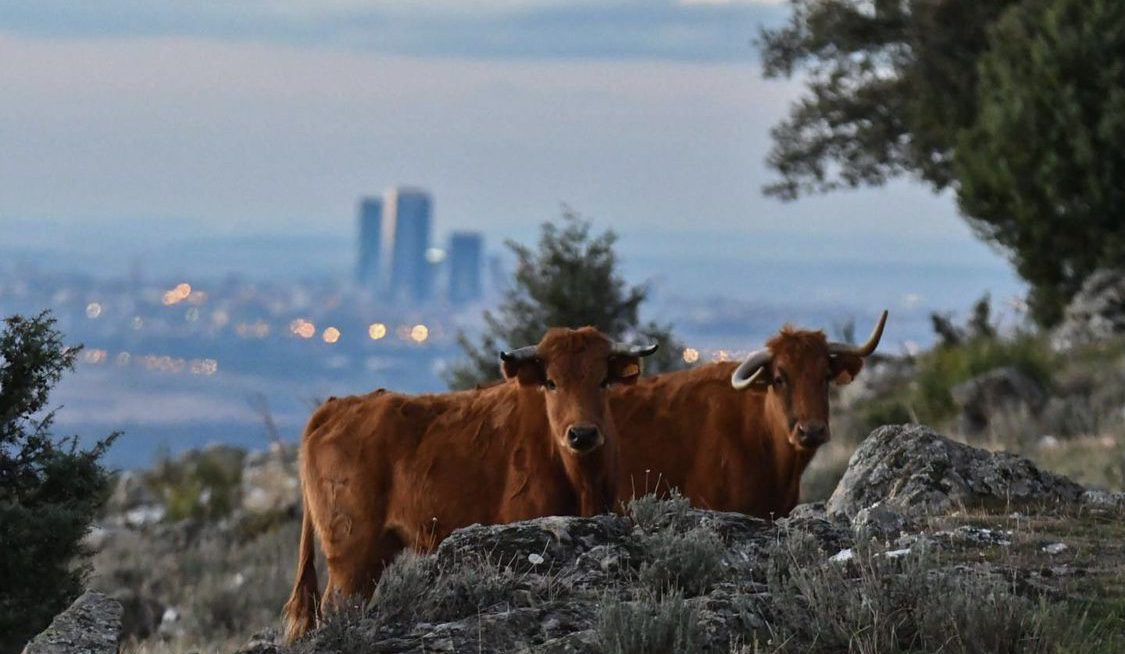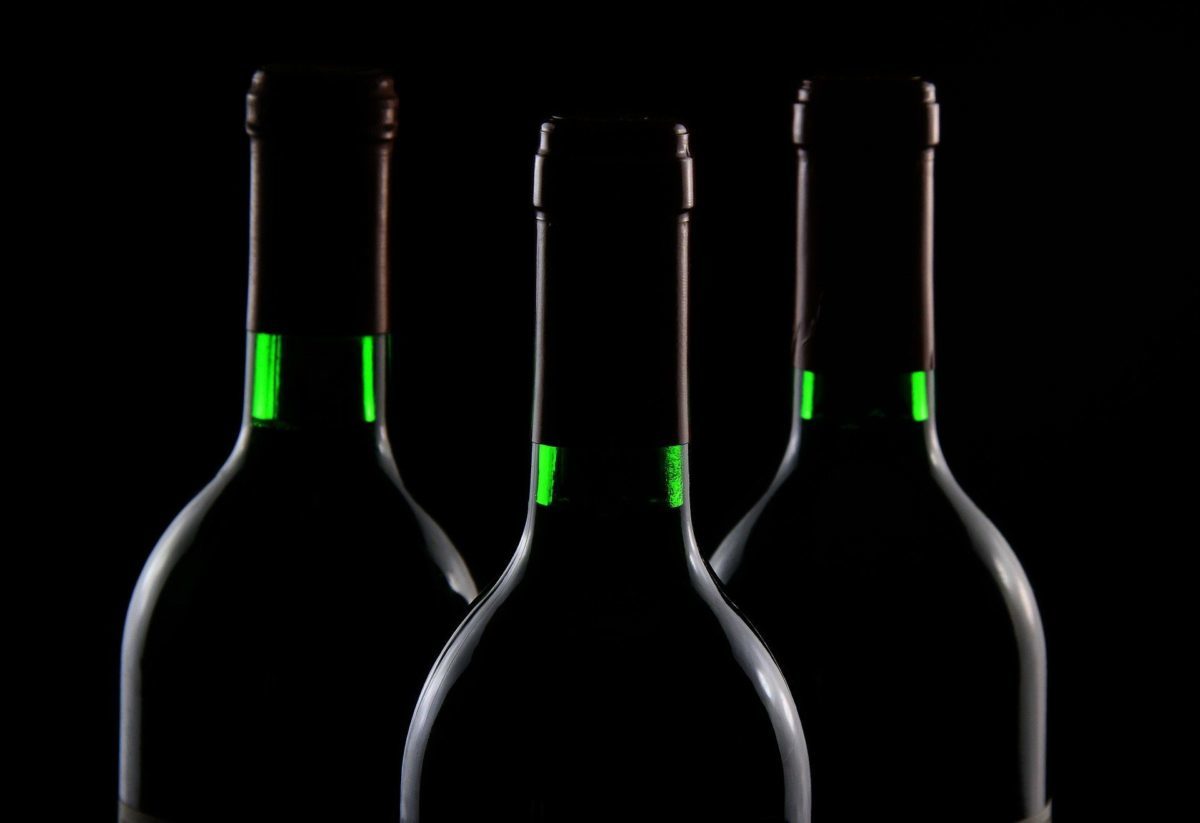Are you interested in the meat sector invest in R&D to reduce emissions? Perhaps the real question is why. It is true that in a world threatened by the devastating effects of climate change, it must change faster and faster. As if that were not enough, this is compounded by the shortage of fuels. In this article we reflect on interesting questions such as the magnitude of cattle ranching in the Greenhouse. What proposals exist in the framework of the recent COP 26?
A commitment to R&D to reduce emissions is necessary
The employer of the veal, Beef Proven, has declared to Eurocarne to be committed to the fight against climate change. He argued that it does so to comply with the commitments acquired by the states in the COP 26 celebrated in Glasgow. Most countries have agreed to reduce methane emissions by 30% by 2030. This gas corresponds to the 15% of emissions of greenhouse gases. However, we must take it into account.
Es twenty eight times more powerful than carbon dioxide when it comes to heating the atmosphere. It also has an estimated life of ten years. It is not as simple as planting trees to remove it. For this reason, waste management systems must be optimized in addition to livestock to reduce levels. Thus, there are already initiatives such as the seaweed that reduce the emission of methane from cows after incorporating them into their feed.

Toast to the sun?
Does Provacuno really bet on him R&D to reduce emissions? There is no doubt that companies belonging to this sector must comply with the laws in force on environmental matters. In addition, the declaration of intentions made by the employer is grandiose and calls for hope. However, it lacks proposals. Rather, it emphasizes the need to invest in R&D while minimizing the impact of beef when climate change.
In this way, it alludes to the project of the seaweed (something under investigation that has not been generalized at all) while denying that meat is so harmful. Quote figures from Ministry of Ecological Transition: beef (beef only) emits the 3'6% of total emissions in Spain. They also question why no one talks about the carbon sequestered by pasture on which cows feed.
Finally, we refer to your intentions to achieve the carbon neutrality by 2050. As if that were not enough, remember your participation in the program "Life Beef Carbon". Through this, European producers aim to reduce polluting emissions by a 15% during the next five years. What do you think? Does this declaration of intent on the R&D to reduce emissions is it a corporate social responsibility action? Is it a real concern of the sector?






